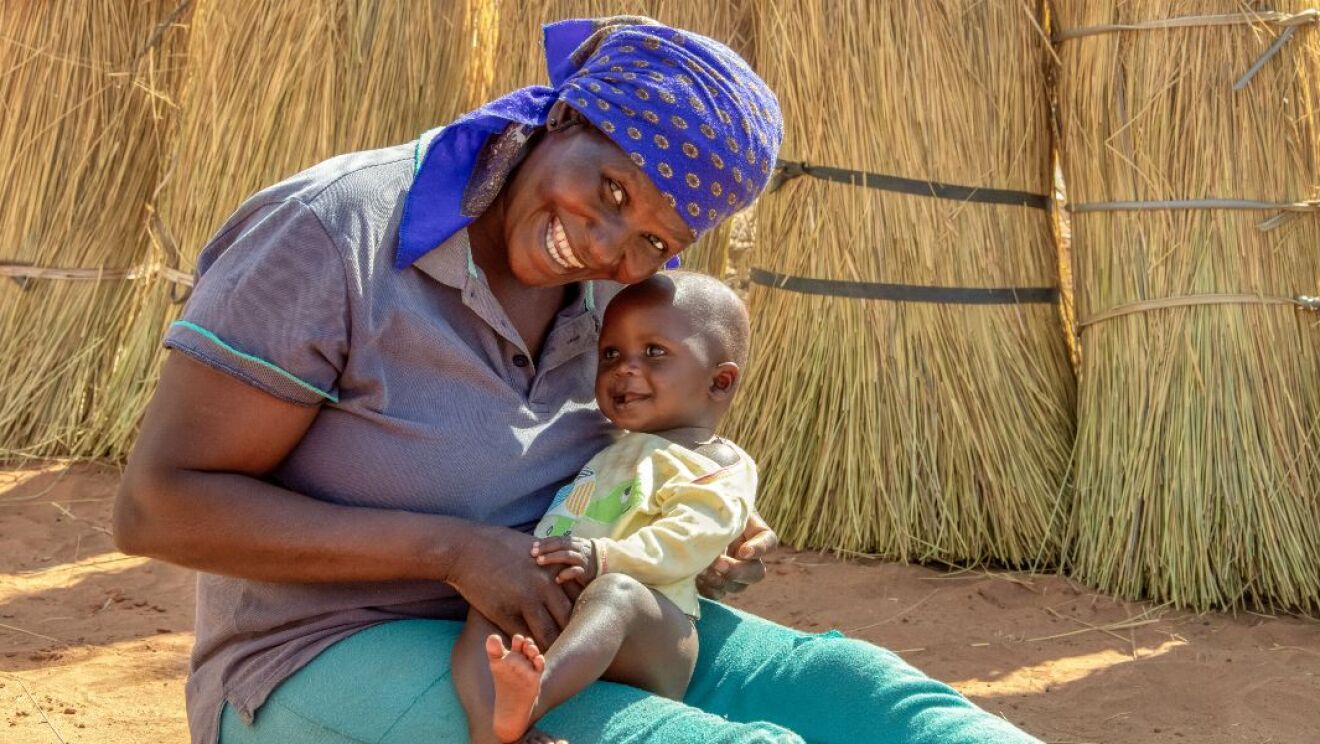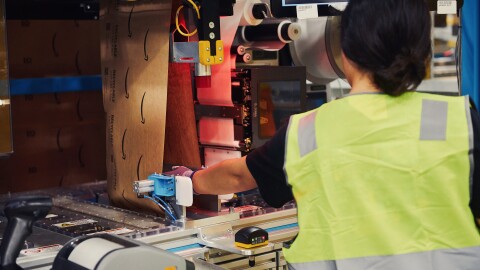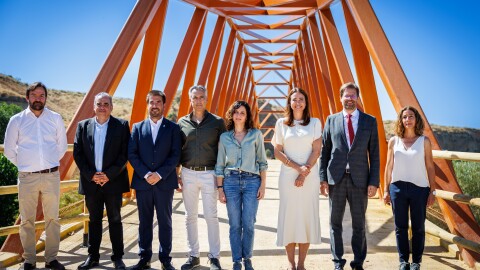In 2015, the United Nations (UN) adopted the 17 Sustainable Development Goals (SDGs), representing a global call to action for a more sustainable, equitable, and prosperous future by 2030.
Nearly a decade later, progress has been made, but there is still much work to be done. Indeed, the UN recently reported that only 17% of the goals have been fully attained. The COVID-19 pandemic, ongoing conflicts, and economic inequalities have significantly hindered progress, underscoring the need for resilience and a redoubling of efforts. Achieving the 2030 Agenda will require strong collaboration among governments, businesses, civil society, and international organisations.
Leveraging advanced technologies to accelerate the SDGs
Cutting-edge technologies offer a route to fast-track progress in achieving the SDGs. Cloud computing and artificial intelligence (AI), in particular, are proving to be powerful tools in this effort. AI’s ability to process vast amounts of data, provide real-time insights, and scale solutions globally opens up new possibilities for tackling complex global issues.
For example, by analysing socio-economic data, AI can help design more effective interventions, targeting resources where they are most needed. Additionally, AI and cloud computing are revolutionising agriculture, enabling farmers to optimise crop yields, monitor soil health, and predict climate impacts. In healthcare, AI-driven technologies supported by cloud platforms are enhancing early disease detection, personalised treatments, and healthcare delivery, particularly in underserved regions.
Amazon Web Services (AWS) is proud to be working with customers around the globe who are harnessing technology in ways that speak directly to the challenges set down by the UN’s SDGs.
This content is hosted by a third party (www.youtube.com).
To view the content, you need to consent to cookies by selecting Accept all in the popup banner. Or you can go to the site footer, select Cookie Preferences, and then select On under Functional Cookies, Performance Cookies and Advertising Cookies.
Tackling poverty with technology
One of the UN’s SDGs is to eradicate extreme poverty worldwide: according to the UN Global Compact, more than 700 million people—10% of the global population—live in extreme poverty, surviving on less than $1.90 a day. Tackling this challenge requires comprehensive strategies that include job creation, social protection, and equal access to financial services.
AWS customer Kiva’s open-source Kiva Protocol enables affordable, verifiable digital identity for all. By using Kiva Protocol, individuals in Sierra Leone can now prove their identity with just a fingerprint, allowing them to access banks and other financial services more easily. And in India, the Aadhaar programme is the world’s biggest digital identity platform, offering more than 1 billion residents a secure, cloud-based, unique digital ID, enabling crucial access to government benefits, banking services, and welfare programmes.
Combating hunger with innovation
Ending hunger and achieving food security is another critical goal under the SDGs. The UN recently reported that in 2023, 2.33 billion people, or nearly 29% of the world’s population, were moderately or severely food insecure, highlighting the urgent need for sustainable farming practices and improved food distribution systems. AWS customer projects are helping to address these challenges.

For instance, Growy, a Netherlands-based startup, operates fully automated farms where robots equipped with cameras and Internet of Things (IoT) sensors monitor the plants by taking photos and measuring aspects of plant health, such as water levels, nutrition, and growth on a regular basis. Growy uses AWS IoT Events—a fully managed service that makes it easy to detect and respond to events from IoT sensors and applications—to collect, store, and analyse more than 1 million data points a year. The system references plant profiles and instructs the robots to make any necessary adjustments in plant care or environmental conditions. These autonomous farms are changing the way food is produced, ensuring a consistent supply of fresh produce to local markets.
Revolutionising healthcare
Ensuring healthy lives and promoting wellbeing for all is at the heart of the UN’s third SDG, and AWS supports many innovative projects in the healthcare sector. An example of this type of real-world impact is in Kenya, which has one of the highest maternal mortality rates. A nonprofit organisation, Jacaranda Health, has AI tools to deploy an affordable and scalable solution through free text exchanges to improve health outcomes. The service includes an AI-enabled help desk, which responds to mothers’ questions and sparks a rapid referral chain if a risk is identified. Jacaranda Health now reaches 1.5 million mothers who are more likely to attend prenatal care visits and twice as likely to participate in family planning services.
Moving forward: a call for collective action
Remember: 2030 is not that far away. Technologies like cloud computing and AI will help us achieve the SDGs faster, and AWS is proud to be innovating with our customers and partners to realise this ambition. The SDGs offer a roadmap for a future where everyone can thrive, and the contributions of companies like the examples described above demonstrate how innovation can drive real-world impact in pursuit of these goals. By continuing to harness the power of technology and fostering collaboration across sectors, we can move closer to a world where the promise of the SDGs becomes a reality for all.













